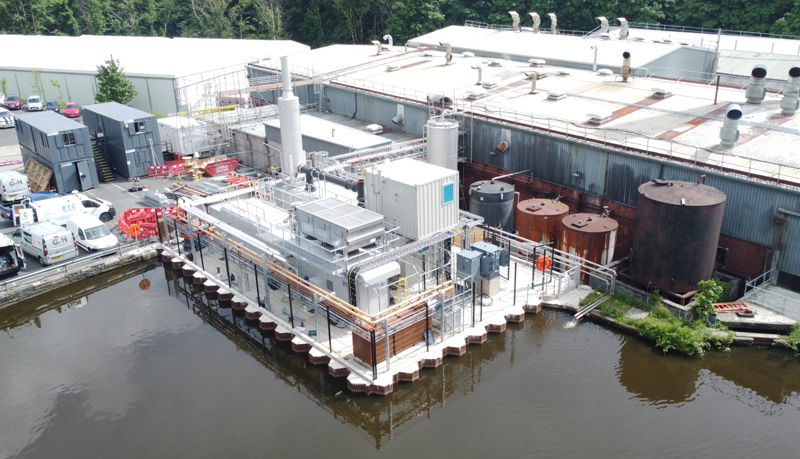Sustainability
Pincroft produces nearly 70% of own electricity
What is a CHP unit and how does it work?
A CHP unit is essentially a system that generates electricity and useful heat simultaneously from the same energy source. Usually, when electricity is produced, a great deal of heat is generated as a byproduct, which often goes to waste. A CHP unit captures this byproduct heat during electricity generation so it can be used across the production process.
With this technology, Pincroft has been able to produce 67% of its own electricity while the heat recovered from the CHP plant has saved an amount of natural gas equivalent to 658 tonnes of CO2 emissions during its first operating year.

“CHP is a proven technology offering a viable alternative to traditional centralised power generation, delivering a considerable efficiency increase compared to separate energy systems”, says Pincroft’s Business Strategy Analyst, Louise Becart.
“As next steps, we are evaluating other sustainable technologies to combine with our CHP equipment, with the aim of reducing our reliance on natural resources and power consumption as much as possible, in line with our net zero goals”, Louise adds.
